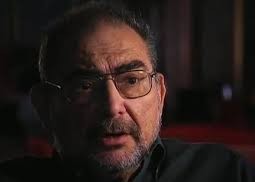
Introduction
By Alan M. Dershowitz
The trial, conviction, death sentence and its commutation and eventual lynching of Leo Frank during the second decade of the twentieth century, constitute a major episode not only in American legal history, but also in the development of American political institutions. The Knights of Mary Phagan, formed to avenge the murder of the young factory worker for which Frank was convicted, became an important component of the twentieth century resurrection of the Ku Klux Klan. The Anti-Defamation League of B’nai Brith was founded in reaction to the anti-Semitism generated – or at least disclosed – by the Frank case.
Continue Reading →


